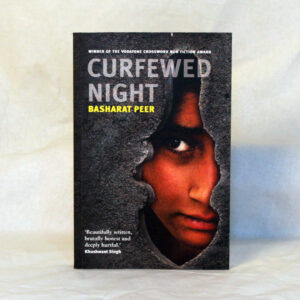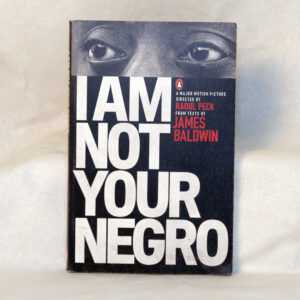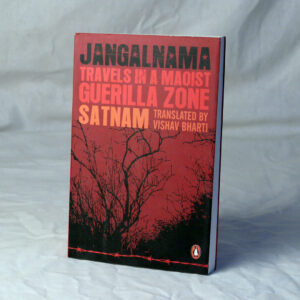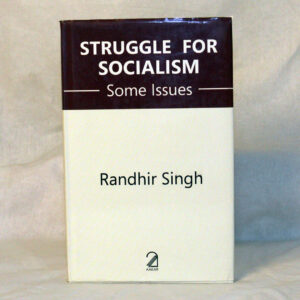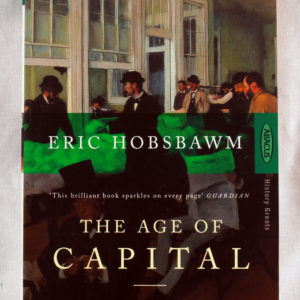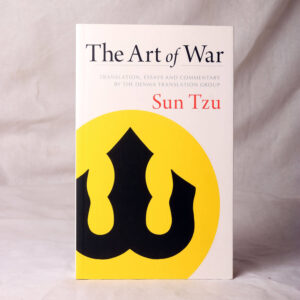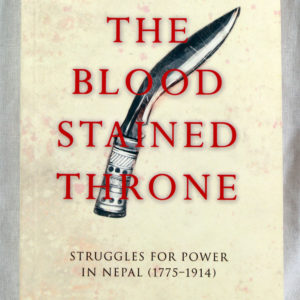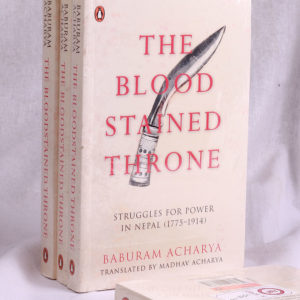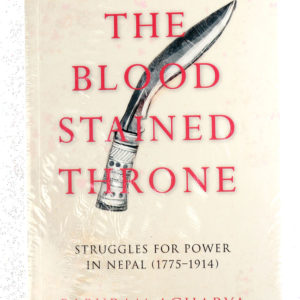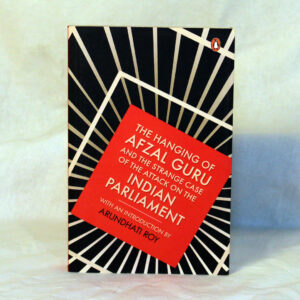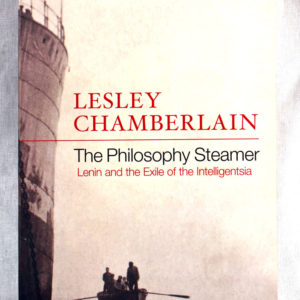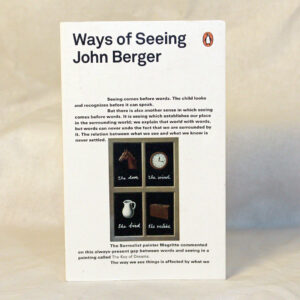Filter
Georgy Valentinovich Plekhanov, 1857–1918, a Russian revolutionary and founder of Marxism in Russia and known as the “Father of Russian Marxism.” His best works in the fields of history, philosophy, aesthetics, social and politics, especially the philosophy of historical materialism, were contributions that very valuable for the development of scientific thought and progressive culture.
Publisher: Aakar Books (1869)
Fanshen: A Documentary of Revolution in a Chinese Village is a 1966 book by William H. Hinton that describes the land-reform campaign during the Chinese Civil War conducted from 1945 to 1948 by the Chinese Communist Party in “Long Bow Village” (the name used in the book for the village of Zhangzhuangcun in Shanxi province). Hinton lived in the village in spring and summer of 1948 and witnessed scenes described in the book and recreates earlier events based on local records and interviews with participants. He explains party strategy to present the campaign’s successes in building a revolutionary consciousness and a power-base among the poor peasants, but also its errors and excesses, especially the violence toward rich peasants and landlords. Fanshen has been compared to Edgar Snow’s Red Star Over China and characterized as “perhaps the book that most changed American cold war perceptions of the Chinese Revolution.”
Originally published: 1966
Author: William H. Hinton
Revolutionaries is vintage Hobsbawm, written masterfully amid one of the century’s most intense periods of political and social upheaval, putting those events in historical context. Few observers were as astute as Hobsbawm at probing, criticizing, and clarifying radical movements, whether in Beijing or Berkeley. Ranging from historical investigations into communism to contemporary appraisals of revolutionary movements and meditations on Marxism, Hobsbawm’s commentaries are essential guides to ideas and people that changed the face of the twentieth century.
This book made history. It wasn’t banned, not quite, when it first appeared in 1984, but its disappearance was cleverly managed so that few got to read the only authentic account of how a protected kingdom became India’s twenty-second state. As the Hon. David Astor, editor of The Observer in London, wrote, Sunanda K. Datta-Ray was ‘alone in witnessing and communicating the essential story’. He had to surmount many obstacles and incur severe disapproval to do so. Nearly thirty years later, a revised edition with the author’s long new introduction reads like an exciting thriller. Rich with dances and durbars, lamaist rituals, intrigue and espionage, it brings vividly to life the dramatis personae of this Himalayan drama—Sikkim’s sad last king, Chogyal Palden Thondup Namgyal, and his vivacious American queen, Hope Cooke; bumbling Kazi Lendhup Dorji and his scheming Kazini, whose nationality and even her name were shrouded in mystery, and who played into the hands of more powerful strategists. Citing documents that have not been seen by any other writer, the book analyses law and politics with masterly skill to recreate the Sikkim saga against the background of a twentieth-century Great Game involving India and China. Smash and Grab: Annexation of Sikkim didn’t only make history. It is history.
In this book, Eric Hobsbawm chronicles the events and trends that led to the triumph of private enterprise and its exponents in the years between 1848 and 1875. Along with Hobsbawm’s other volumes, this book constitutes and intellectual key to the origins of the world in which we now live.
Although it pulses with great events—failed revolutions, catastrophic wars, and a global depression—The Age of Capital is most outstanding for its analyis of the trends that created the new order. With the sweep and sophistication that have made him one of our greatest historians, Hobsbawm indentifies this epoch’s winners and losers, its institutions, ideologies, science, and religion.
The Art of War is a book which should be used to gain advantage of opponents in the boardroom and battlefield alike.
Nepal, land of Buddhism and misty mountains, is not a nation whose history one would expect to be filled with blood. And yet, the struggle to gain and keep control of the mountain kingdom is one marked by a long history of violence and murder. The Bloodstained Throne is a translation of Aba Yasto Kahilyai Nahos, a compilation of historic essays that recount some of the bloody battles for power in a tumultuous period a phase that spanned more than one hundred years.
Published posthumously in Nepali, this tale of the machinations, massacre and bloodletting that rocked Nepal s power centre the royal palace will give you a rare and fascinating glimpse into one of the least-known and most violent power struggles that South Asia has ever seen.
This tale of the machinations, massacre and bloodletting that rocked Nepal’s power centre—the royal palace—will give you a rare and fascinating glimpse into one of the least-known and most violent power struggles that South Asia has ever seen.
‘Compelling, laudably unsentimental and deeply significant.’ — Frances Stonar Saunders, GuardianIn 1922, Lenin personally drew up a list of some 220 ‘undesirable’ intellectuals to be deported in preparation for the creation of the Soviet Union in December of that year. Two ships sailed from Petrograd that autumn, taking around 70 of these eminent men and their families away to what became permanent exile in Berlin, Prague and Paris. Using diaries, letters and memoirs, The Philosophy Steamer tells the story of the philosophers, writers, journalists and scholars thrown out of their homeland and forced to join migr communities. It also explores the fate of ideas: not just those of Lenin, but also of the men who, though forced to leave their homeland, made unique contributions to the cultural and intellectual life of the twentieth century.’Chamberlain movingly describes the experience of exile in ways that echo that great exile novelist Nabokov himself… a richly humane and complex book of enormous spiritual depth by a remarkably talented author.’ — Michael Burleigh, Sunday Telegraph


